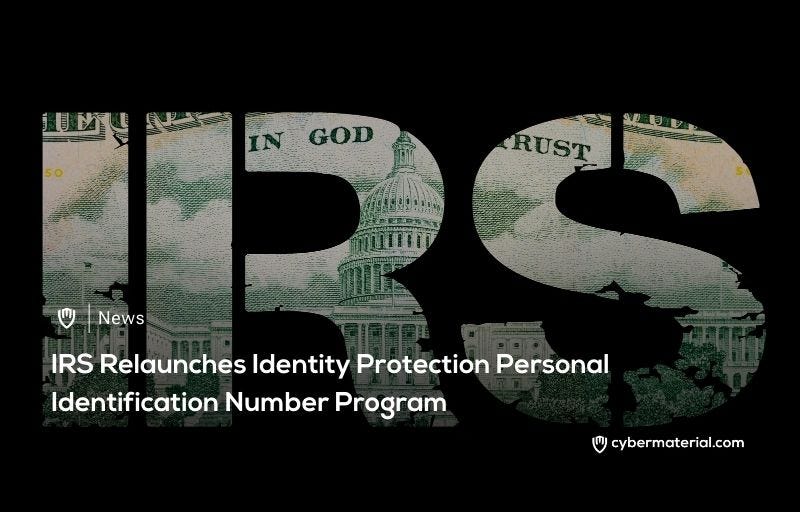
The IRS has relaunched its Identity Protection Personal Identification Number (IP PIN) program, urging U.S. taxpayers to enroll in it for enhanced security against identity theft and fraudulent tax r…

The IRS has relaunched its Identity Protection Personal Identification Number (IP PIN) program, urging U.S. taxpayers to enroll in it for enhanced security against identity theft and fraudulent tax r…